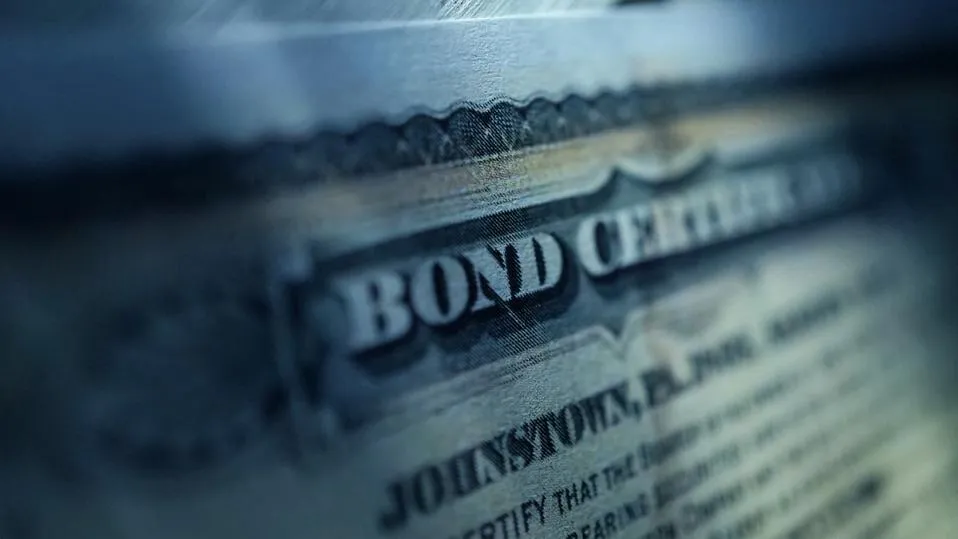
In an exchange with Saigon Investment, Dr. NGUYỄN TRÍ HIẾU, an economic expert, spoke on how to ensure safe investments in corporate bonds of commercial banks.
JOURNALIST: - Sir, what is the real reason for banks to invest in such large amounts of corporate bonds?
Dr. NGUYỄN TRÍ HIẾU: - There are many reasons for this still unresolved problem. First, corporate bonds have high profit value from high interest rates. Second, corporate bonds are also included in the loan balance of businesses that borrow money, while having higher liquidity than loans. When a lender wants to sell a debt, it is more difficult, but after investing in corporate bonds it is possible to sell the bonds to another partner. Besides this, banks hold corporate bonds for many other beneficial reasons.
I think that banks buy bonds mostly for profit and that is a risk to the entire banking system. According to my calculation, nearly VND 300,000 bln of corporate bonds are being held by banks, equivalent to 18 per cent of the bank capital. According to the State Bank of Vietnam data at the end of September 2022, the equity of banks was at USD 1.7 mln. In the event that the issuers default on their debt, in other words default on bonds, then it is possible to drag the Capital Adequacy Ratio (CAR) from 11.69 per cent to less than 10 per cent. This affects the safety of the banking system.
- Sir, the State Bank of Vietnam inspected eleven institutions. Do you think the inspection agency fully understands the problem of corporate bonds at banks and should they publish the inspection results?
- In my opinion, the State Bank of Vietnam should announce the inspection results. For banks with violations, the State Bank of Vietnam need not disclose the name but must publish the inspection results to know the extent of the violations and what violations they are, so that investors and economic sectors know what the violations of the bonds held by the banks truly are. For instance, corporate bonds are held by banks and banks can add the outstanding debt of such bonds to the outstanding balance of enterprises or keep in securities investment. Next, they can see the level of risk of the bonds through the financial position of the issuer of that bond, and whether they are able to repay the debt or not. At the present time, the total amount of corporate bonds of eleven inspected institutions only the inspection agency knows.
With reference to the issue of banks investing in corporate bonds, I suggest that the State Bank of Vietnam also use debt classification for corporate bonds. Although bonds are not considered ordinary loans, they are not classified by debt class. But there is really no difference between lending to businesses or buying bonds from banks, so it must be classified as normal credit and must make provision for risks like normal debts.
- Sir, in the past the banking system had a situation of cross-ownership in backyard lending. What do you think needs to be changed to avoid a repeat of banks pushing capital into the system, or companies related to bankers through investment in corporate bonds?
- Through the inspections the State Bank of Vietnam will know who the banks buy bonds from, and how they buy bonds from related parties. The relationship between the bank and the issuer is also easy to find out. However, there should be strict regulations on whether an investment group or a company buys from a bank, and then companies in their system issue bonds for the bank to buy. In essence, banks can buy bonds from related companies, but this purchase must be based on normal market conditions.
For instance, the bank buying that bond must buy at the normal interest rate, and the condition for buying the bond must also be the same condition that the bank applies to all other partners. At the same time, the bank must comply with the Law on Credit Institutions. The maximum credit balance for one customer is not more than 15 per cent of own capital and the total credit balance for one customer and related persons must not exceed more than 25 per cent of the bank capital. The Law on Credit Institutions has been amended and supplemented, and the State Bank of Vietnam is expected to tighten these ratios from 10 per cent and 15 per cent, which will minimize risks for banks.
- Sir, the Silicon Valley Bank in the US went bankrupt from pretext of investing in multiple systems. Can banks in Vietnam face a similar phenomenon and do you have any recommendations on this issue?
- In Vietnam there was a similar situation when banks bought bonds at low interest rates. Interest rates of corporate bonds are now higher than before and will push down the market price of previous bonds, possibly causing a lot of damage. At the same time, Vietnam does not have a free and transparent market for securities like in the US, so if the bank holds the bonds of the wrong companies it will not be able to sell those bonds. Currently, the corporate bonds market is being supported by the Government to remove obstacles to open up.
In the long term I think that with investment in corporate bonds, banks should manage this more closely by regularly assessing the debt repayment ability of customers, re-evaluate customer credit once a year, and review the financial statements of a business to know the ability to repay the bonds. At the same time, the authorities need to manage risks through inspection of corporate bonds investment activities of a bank; know how the bonds are accounted for; know the financial ability of the bonds issuers; and recognize and intervene by giving early warning to banks to handle those bonds.
- Thank you very much.




















